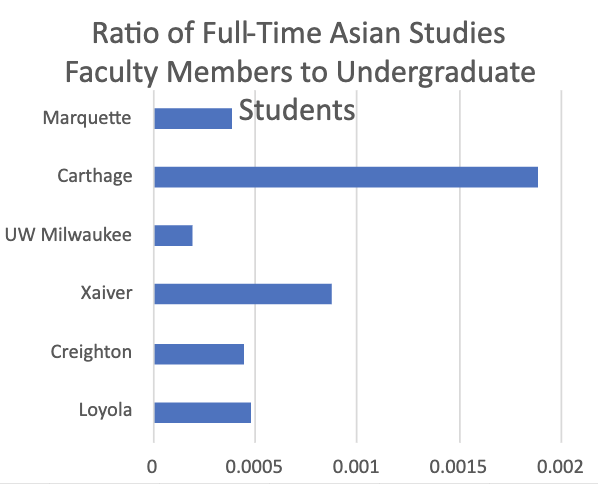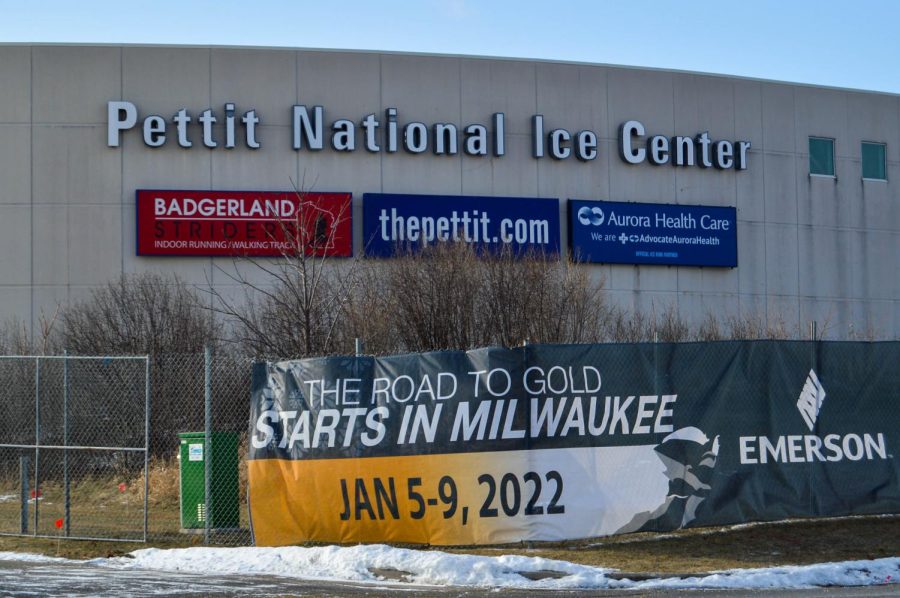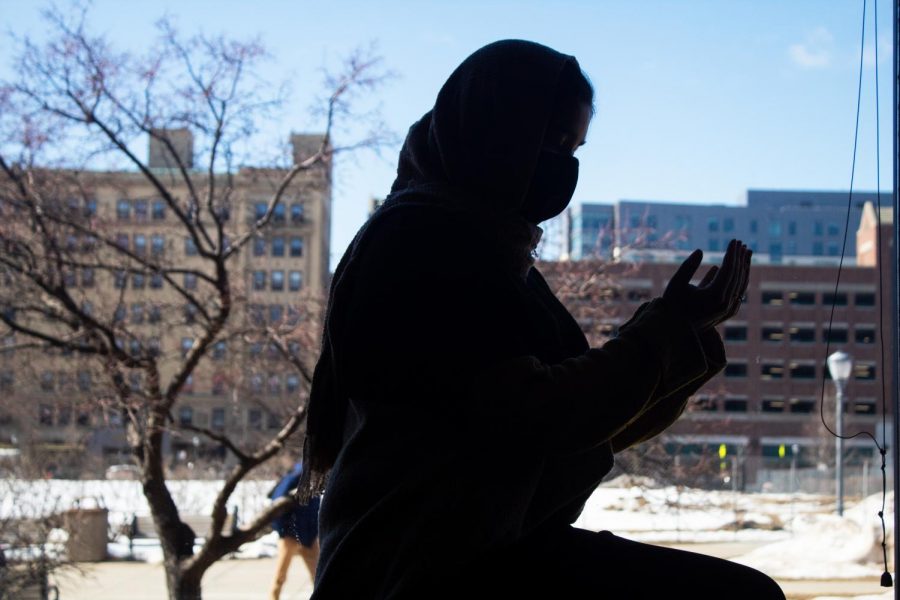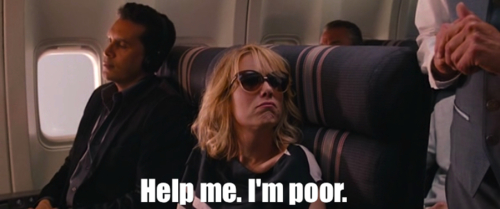When I arrived in China to study abroad this past summer, one of the first things I saw was a Kentucky Fried Chicken. I can’t emphasize enough how much the Chinese love KFC. Colonel Sanders’ face smiles down on most busy streets, the restaurants are always filled with patrons and I even saw vendors selling t-shirts with Mao-era figures proudly clutching chicken strips.

But reasonably priced fried chicken is not the only piece of American culture that has permeated China. The subways were covered with ads for “The Hunger Games,” the Nike flagship store was so impressive that I mistook it for a museum of modern art, I learned that people have taken to saying “Oh my Lady Gaga!” in place of “Oh my God!” and NBA basketball proved to be a national obsession.
For instance, the word “Milwaukee” would usually be met with blank stares from most Chinese while “Milwaukee Bucks” could bring a flicker of recognition. One of the Marquette students on my trip nearly made a young Chinese boy cry with happiness when he taught him how to dribble through his legs.
The companies that have thrived in Chinese markets have had to undergo significant rebranding to be successful. KFC’s American slogan “finger lickin’ good” translates into Mandarin as “eat your fingers off.” But the company changed the line and added local flavors to their menu, yielding huge profits. Coca-Cola also has a huge Chinese following because the company took pains to alter their image, creating sleek Chinese characters for its logo.
Walking down streets in Beijing and Wuhan, it is evident that some aspects of American culture have permeated the modern Chinese zeitgeist. Yet most US companies have not been able to find such success in China. Large scale flops like Mattel’s flagship Barbie store in Shanghai, which failed after only two years, Best Buy shutting down all nine of its branded stores and Google facing issues of government censorship are thought to be emblematic of larger issues for American companies. Though it is difficult to identify exactly what causes each problem, many point to a failure to adjust to the Chinese culture or bypass regulations by the government.
Though I was reminded of home every time I passed a Gap or Starbucks, it became clear time and again that there is still a lingering mistrust in China toward cultural imports from the west. While some Chinese people I met quoted “Stinky Cat” from “Friends” or asked me about my favorite songs on “Glee,” some Chinese argued that western influences detract from China’s culture and values.
Though the top grossing films in China have been “Transformers 3” and “Avatar,” the Communist Party has enacted cultural protection laws to limit these types of films from reaching audiences. China allows only 20 foreign films a year to make a profit from the box office.
Earlier this year, current Chinese president, Hu Jinato, wrote an article summing up the party’s official stance on western culture for a Communist Party magazine.
“…international hostile forces are intensifying the strategic plot of Westernizing and dividing China, and ideological and cultural fields are the focal areas of their long-term infiltration,” Hu wrote.
It was strange to be an American in this landscape, where your country’s culture is simultaneously so embraced and maligned. I am unsure what these continued regulations will bring to this balance, but for now, the streets of Beijing remain filled with General Motors cars, the malls are filled with Starbucks and Apple stores and one will never find themselves far from a KFC.












Meifeng Li • Sep 16, 2012 at 4:03 pm
Chinese food is the best food in the word.
Mary • Sep 13, 2012 at 10:13 pm
Such an amazing story! I’m obsessed with the picture of the man holding the chicken strips!
Emma • Sep 13, 2012 at 9:02 pm
this is great, makes me hungry for a double down
Emma • Sep 13, 2012 at 9:02 pm
this is great, makes me hungry for a double down